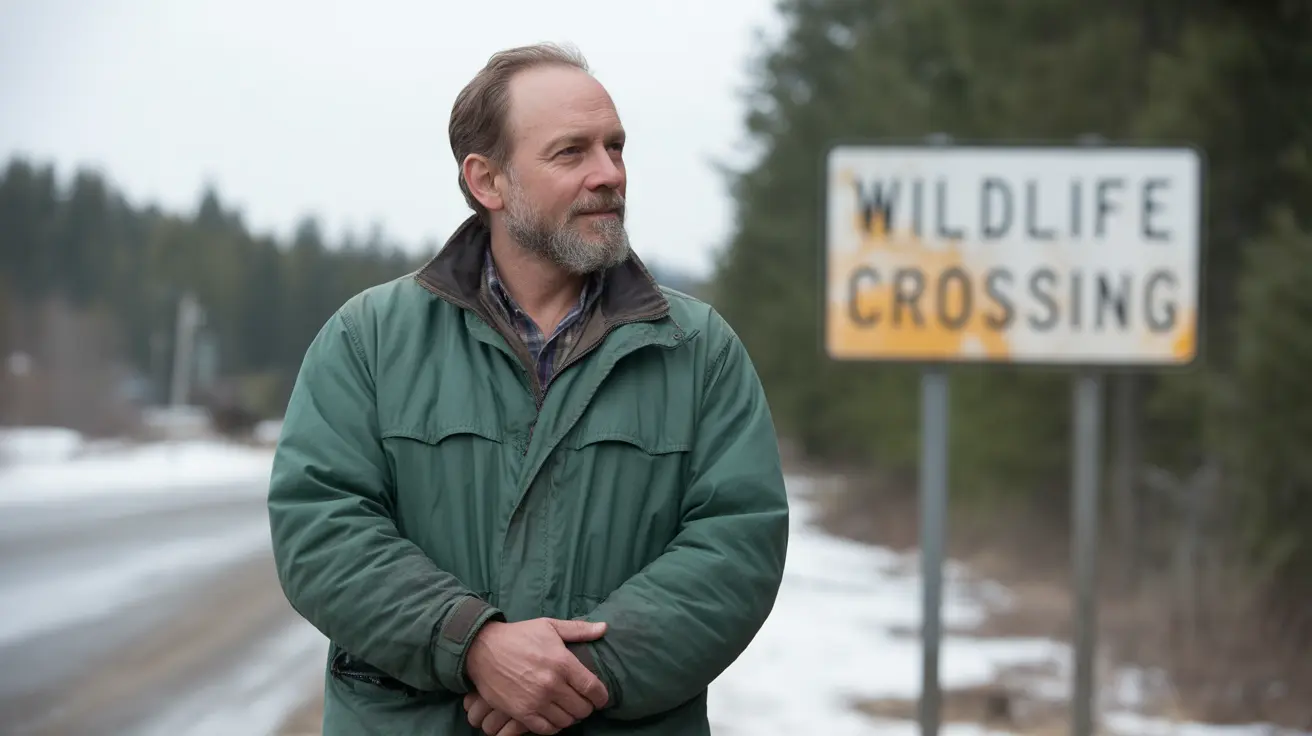A dedicated wildlife rescuer known for his extensive work with badger rescue in the UK has published a book documenting his experiences helping injured mammals on Britain's roads. Adrian Potter, a retired teacher turned wildlife advocate, has spent years responding to emergency calls about injured badgers and other mammals through a specialized phone hotline system.
Potter's commitment to wildlife rescue, particularly his focus on helping badgers injured in road accidents, has earned him the nickname "Badger Man" throughout West Yorkshire. His new book offers insights into the challenges and rewards of wildlife rescue work, drawing from his extensive experience as a volunteer first responder.
The Critical Role of Mammal Rescue Volunteers
As one of the UK's dedicated wildlife rescue volunteers, Potter represents a vital link in the chain of wildlife protection. Through his on-call availability, he provides emergency response services for mammals that have been injured in road accidents, offering these animals a chance at survival when they're at their most vulnerable.
Wildlife Road Accidents UK: A Growing Concern
Road accidents involving wildlife remain a significant challenge across British roadways. Volunteer responders like Potter play a crucial role in addressing these incidents, providing immediate assistance when mammals are injured. Their work helps minimize suffering and increases survival chances for affected animals.
Best Practices for Rescuing Road Mammals
The book highlights several key aspects of wildlife rescue work, emphasizing the importance of proper response protocols when encountering injured animals. While specific details must be handled by trained professionals, general safety guidelines include:
- Maintaining a safe distance from injured wildlife
- Contacting appropriate authorities or rescue services
- Ensuring personal safety when stopping near roadways
- Properly documenting incident locations for responders
Animal Welfare Road Safety
Potter's experience underscores the importance of preventive measures in reducing wildlife-vehicle collisions. While the book focuses on rescue efforts, it also addresses the broader context of road safety and wildlife protection.
Frequently Asked Questions
How can I help if I find an injured badger or other wild mammal on the road?
If you encounter an injured wild mammal on the road, the first priority is ensuring your own safety. Pull over safely, use hazard lights, and contact local wildlife authorities or rescue services. Never attempt to handle injured wildlife yourself, as this can be dangerous for both you and the animal.
What should I do to safely report a road casualty involving mammals?
When reporting a wildlife road casualty, note the exact location, including nearby landmarks or road markers. Stay at a safe distance from both the road and the animal while waiting for help. If possible, use warning triangles or hazard lights to alert other drivers to the situation.
Are there effective ways to prevent mammals from being hit by vehicles on busy roads?
While complete prevention isn't possible, several measures can help reduce wildlife-vehicle collisions:
- Staying alert during dawn and dusk when animals are most active
- Following posted speed limits, especially in wildlife-rich areas
- Being particularly vigilant in rural areas and near wooded sections
- Watching for wildlife warning signs and taking appropriate precautions
A Legacy of Wildlife Protection
Adrian Potter's book serves as both a testament to the dedication of wildlife rescue volunteers and a resource for understanding the challenges faced by British wildlife on modern roadways. While the specific details of his rescue work continue through his ongoing service, his published experiences offer valuable insights into the world of wildlife protection and rescue operations.
The publication stands as a reminder of the important role that dedicated volunteers play in protecting and preserving local wildlife, particularly when it comes to responding to road accidents involving mammals. Their work, often conducted quietly and without recognition, helps maintain the delicate balance between human activity and wildlife preservation in modern Britain.






